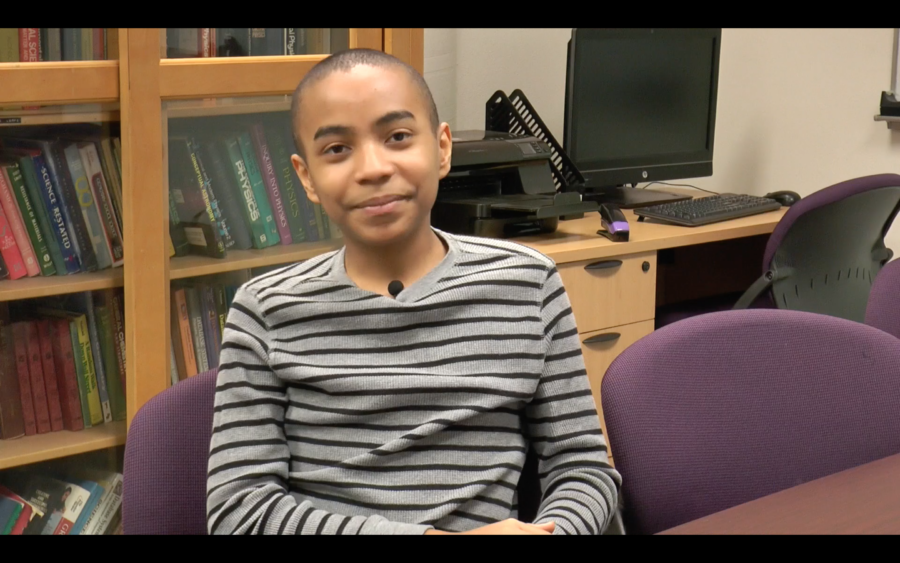Seven years ago, Charles Bamford taught the only class on entrepreneurship at TCU. Today, that single elective class has evolved into one of the most successful entrepreneurial programs in the country.
Entrepreneur Magazine listed the Ryffel Center for Entrepreneurial Studies as one of the top 40 programs in the nation in early 2003. TCU was listed in the third tier, along with Southern Methodist University, Notre Dame University, and the University of Texas at Austin. TCU’s program was the youngest on the list.
“We’re ecstatic,” said David Minor, director of the Ryffel Center. “What we’re seeing are the results of the hard work done by a fantastic faculty and staff.”
The center also received the NASDAQ Award for Entrepreneurial Excellence in October 2003.
“That one was sweet,” said Bamford, an associate professor of management. “It was just a nice recognition of what we’ve been able to accomplish here.”
Minor said one of the reasons the program has been so successful is because the faculty and staff treat it like a business.
“We really took business concepts and did what a good business does,” Minor said. “That’s one of the main reasons why I think it has done so well.”
Ted Legatski, associate professor of professional practice in management, said he moved to TCU in 2002 because of the entrepreneurial program.
“Without question, I would not have made the move without the presence of the entrepreneurship program here and the opportunity to be a part of seeing that program advance still further,” Legatski said.
Legatski noticed TCU’s program while working at Northeastern State University in Oklahoma, he said.
“As an outsider, I was able to look at TCU’s rapid rise in the field and attribute most of the success to the resources that were made available,” he said. “But, having now become a part of the TCU entrepreneurship family, I can assure you that it’s the talent and dedication of the faculty and staff that are making the difference.”
Rebecca Luce, assistant professor of management, said another successful factor has been the ability of several different elements of the program to work well together.
“It is the combination of community outreach and academic offerings that give us a well-rounded program,” Luce said. “We have a good synergy between the director of the entrepreneurship center and the faculty to maximize the impact of the program through marketing and courses that are well-received by the students here.”
Minor said the business approach also works when working with students.
“We focused on the customer, which is the student,” Minor said. “We focused on what we could do to make the best out of their experience here.”
Legatski said students are as much a part of the program’s success as the faculty, staff and administration.
“A good program attracts good students and good students enhance the program,” Legatski said.




